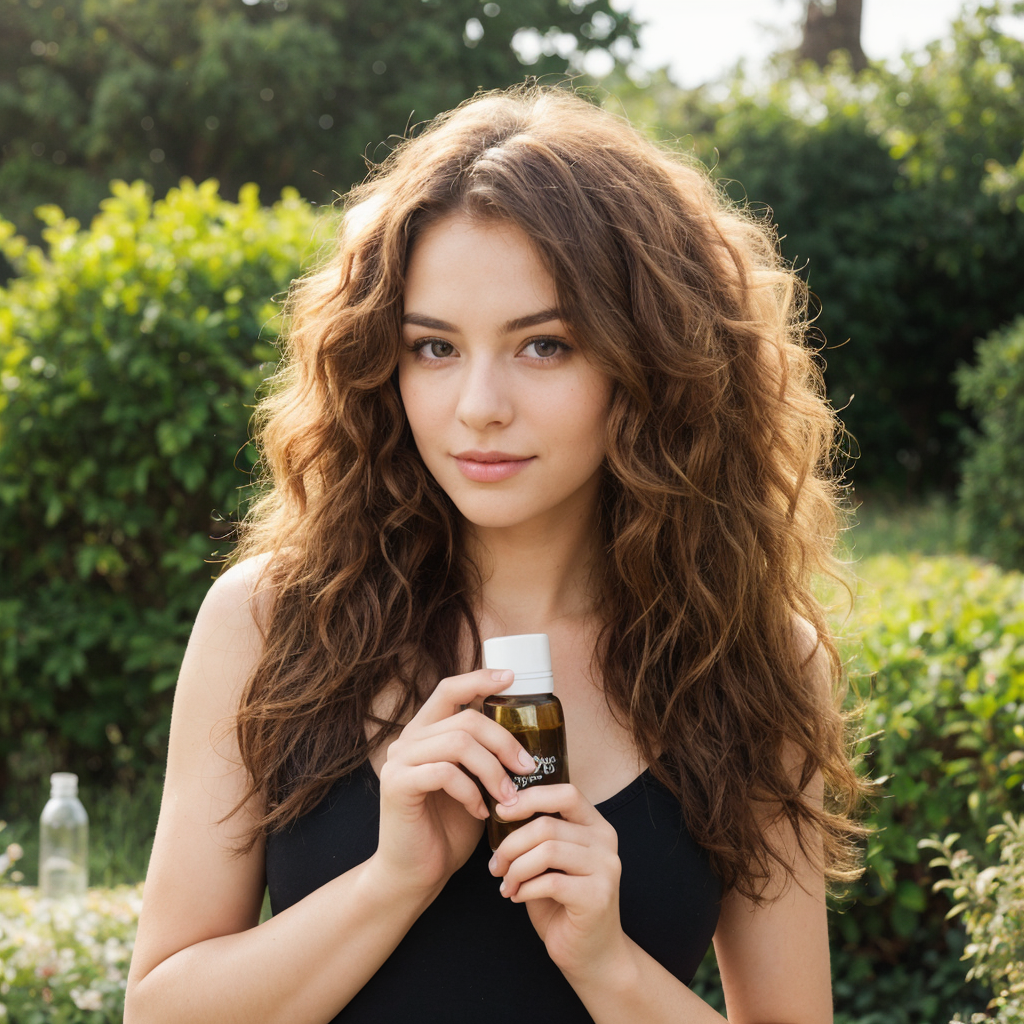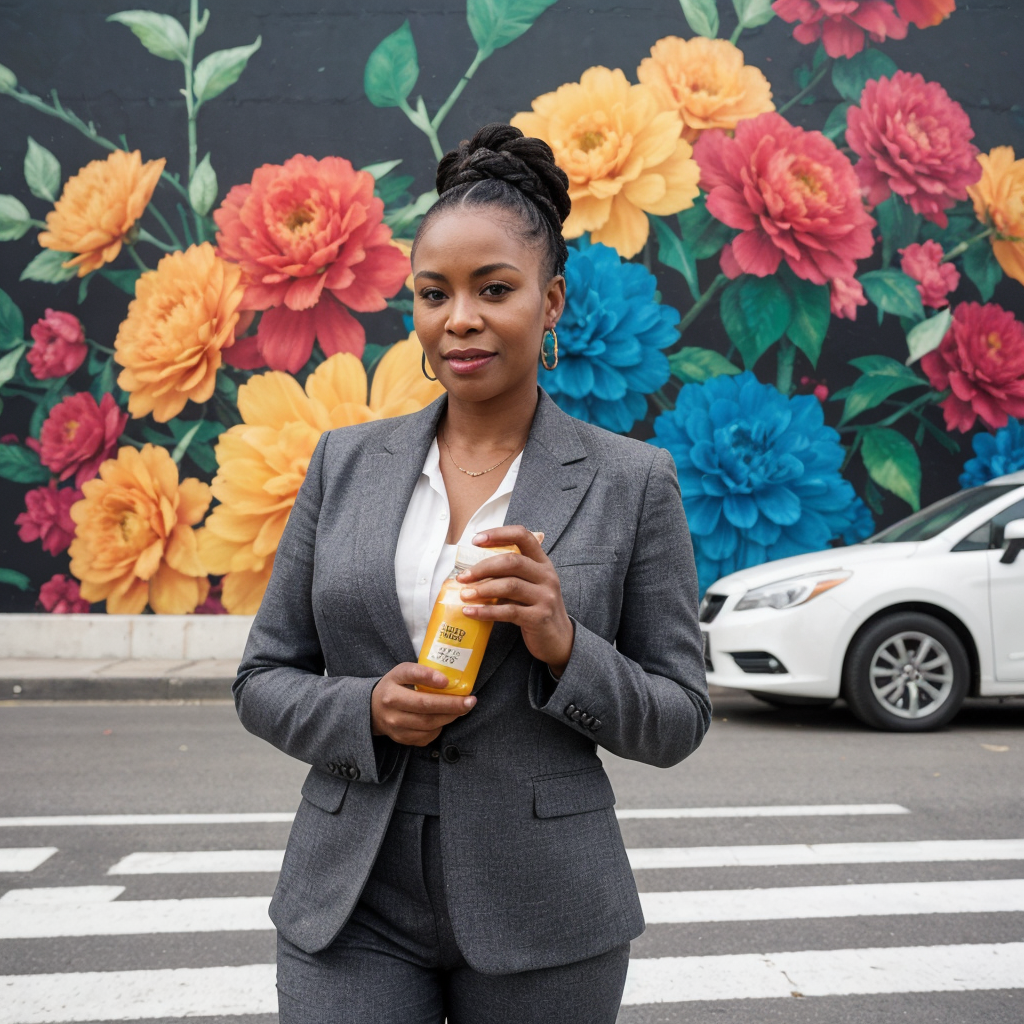As someone who has navigated the tricky waters of hair growth, I’ve learned that achieving healthy, vibrant hair goes far beyond choosing the right shampoos and conditioners. It’s about nurturing your hair from the inside out, and that’s where vitamins and minerals play a pivotal role. Today, I want to share my journey and insights into how specific nutrients have significantly improved my hair health.
1. Why Biotin is a Game-Changer for Hair
Let’s start with biotin, a powerhouse in the world of hair growth. Known scientifically as Vitamin B7, this nutrient is something I swear by for strengthening hair and nails. Biotin’s role in the body includes the crucial production of keratin, the protein that makes up the majority of our hair and nails. Since incorporating a biotin supplement into my daily routine, I’ve noticed not just faster hair growth, but also improved hair strength and less breakage.
If you’re considering biotin, it’s available in many foods like eggs, almonds, and whole grains, or as a supplement. However, it’s always a good idea to consult with a healthcare provider before starting any new supplement regimen.
Find our Recommended Biotin at: https://amzn.to/3VVuruQ (Amazon)

2. The Antioxidant Power of Vitamin C
Vitamin C was a game-changer for me. It’s not just for warding off colds – this vitamin is a superstar for your hair. Its primary role is in the production of collagen, a protein that is vital for hair health, as it keeps our hair strong and resilient. Additionally, as an antioxidant, Vitamin C helps protect against the oxidative stress that contributes to hair aging and loss.
I try to include plenty of Vitamin C-rich foods in my diet, such as oranges, strawberries, and peppers, to support my hair health. A Vitamin C supplement can also be beneficial, especially if you find it challenging to get enough from your diet.
Find Vitamin C at: https://amzn.to/3Ug5MQj (Amazon)

3. Iron: The Oxygen Carrier
Iron has been crucial in my journey to improve hair growth and scalp health. This mineral helps red blood cells carry oxygen to your cells, an essential function for metabolism and repair, including the regeneration of healthy hair follicles. When I learned that iron deficiency could lead to hair loss, I made it a point to beef up my iron intake. Foods like spinach, red meat, and lentils are great sources, but again, iron supplements are an option if your diet isn’t meeting your needs.
Find Iron at: https://amzn.to/3xEIDOY (Amazon)

4. Zinc: Essential for Hair Tissue Growth and Repair
Zinc is another mineral that’s vital for healthy hair tissue growth and repair. It also helps keep the oil glands around the hair follicles working properly. Before I started focusing on zinc, I noticed my hair growth was slow, and my scalp was dry. Adding zinc-rich foods like oysters, beef, and pumpkin seeds to my diet made a noticeable difference.
Find Zinc at: https://amzn.to/3vNTYLZ (Amazon)

5. Omega-3 Fatty Acids: Anti-Inflammatory Superstars
Finally, let’s talk about omega-3 fatty acids. These fats are essential, meaning our body can’t make them, and they are known for their anti-inflammatory properties. Omega-3s have been instrumental in opening up my hair follicles and promoting healthier hair growth, which has been essential in counteracting daily hair loss. While fatty fish like salmon and mackerel are great sources, I also use an omega-3 supplement to ensure I get enough.
Find Omega-3 at: https://amzn.to/3U0Mo8G (Amazon)

Wrapping It Up
Incorporating these vitamins and minerals into my life has not only improved my hair health but also my overall well-being. It’s important to remember that while supplements can help, the best approach is a balanced diet, rich in these nutrients. Always check with a healthcare professional to make sure any supplement is right for you, especially if you have underlying health conditions.
By understanding and utilizing these key nutrients, you can help ensure your hair is as healthy as it can be, which has been a rewarding part of my health and beauty regimen. I hope my experiences and tips help you as much as they’ve helped me. Here’s to good health and great hair!
Frequently Asked Questions
1. How does biotin help with hair growth?
Biotin, or Vitamin B7, plays a critical role in the production of keratin, the protein that forms the basis of hair and nails. By boosting keratin infrastructure, biotin helps to enhance the thickness and strength of hair strands, potentially leading to better hair growth.
2. Can Vitamin C prevent hair loss?
Yes, Vitamin C is instrumental in creating collagen, an important part of hair structure. It also acts as a potent antioxidant, protecting against the oxidative stress that can lead to hair aging and hair loss. Ensuring you get enough Vitamin C may help preserve hair health and prevent premature thinning.
3. Why is iron important for hair health?
Iron helps red blood cells carry oxygen to all cells in the body, including hair follicles, which is essential for their growth and regeneration. An iron deficiency can lead to anemia, one of the common causes of hair loss, particularly among women.
4. What role does zinc play in maintaining healthy hair?
Zinc contributes to the growth and repair of hair tissue. It also supports the oil glands around the hair follicles, working to keep the scalp and hair conditioned and healthy. Ensuring adequate zinc intake can help prevent hair loss and promote the health of your hair.
5. How do omega-3 fatty acids benefit hair growth?
Omega-3 fatty acids, which the body cannot produce on its own, are known for their anti-inflammatory properties. They help nourish the hair follicles and promote a healthy scalp environment, potentially reducing hair loss and encouraging hair growth.